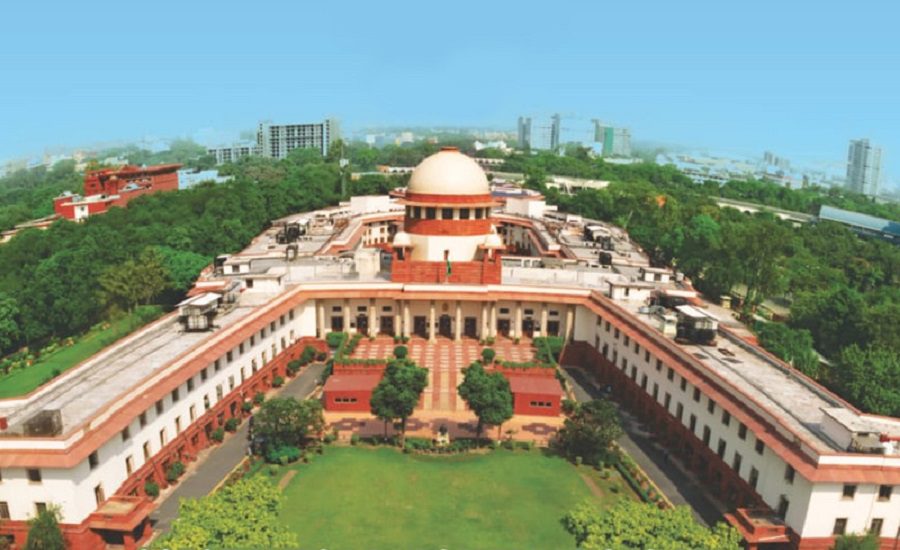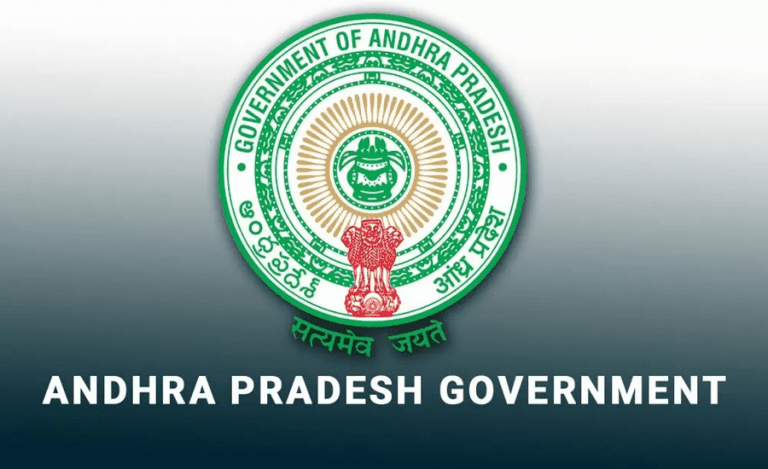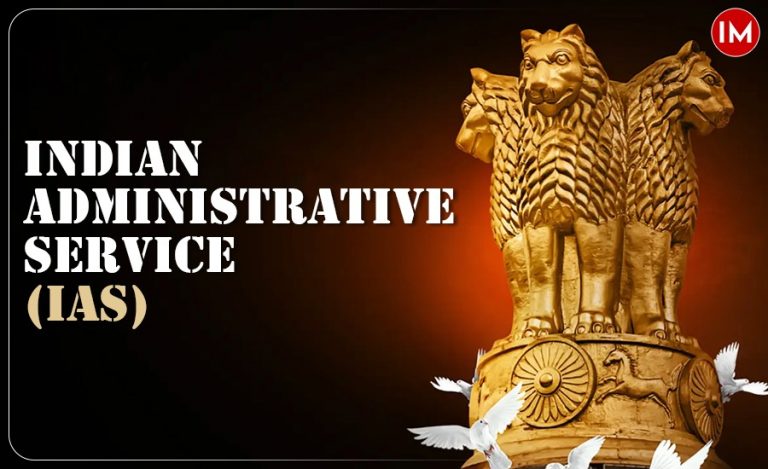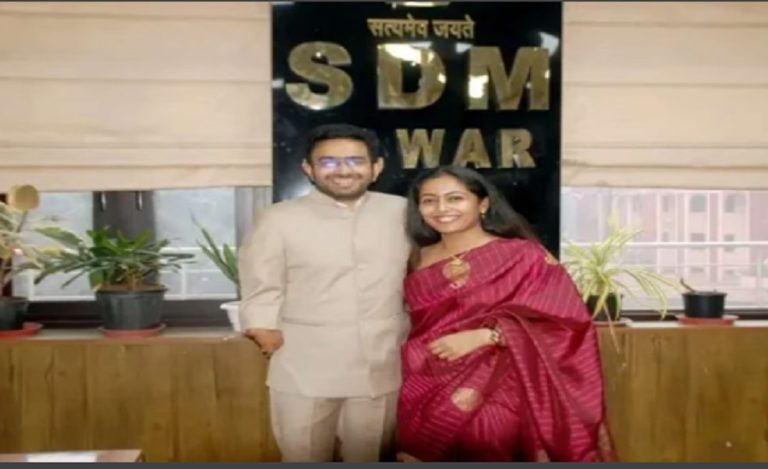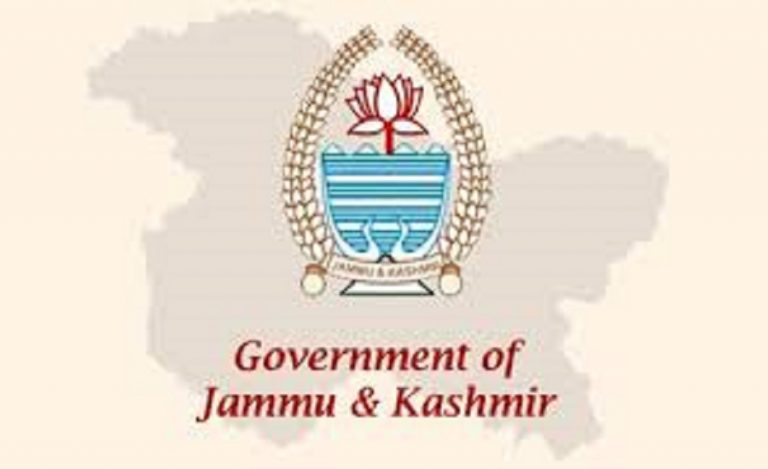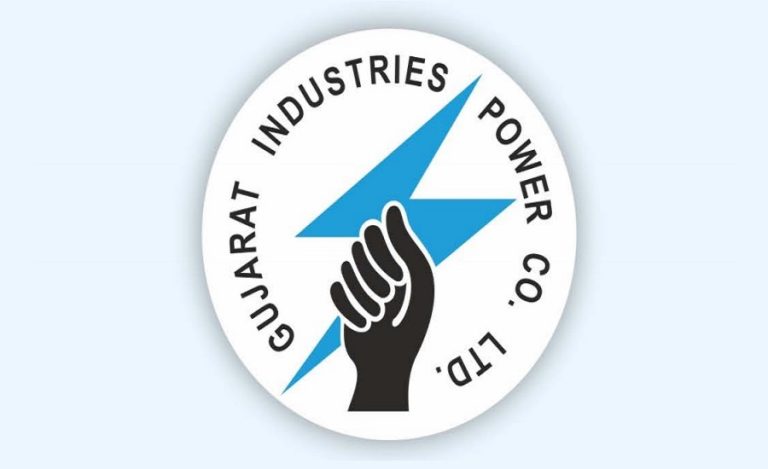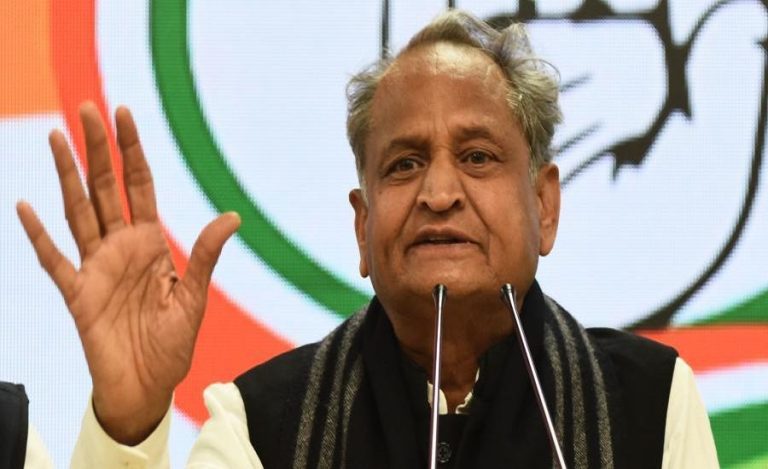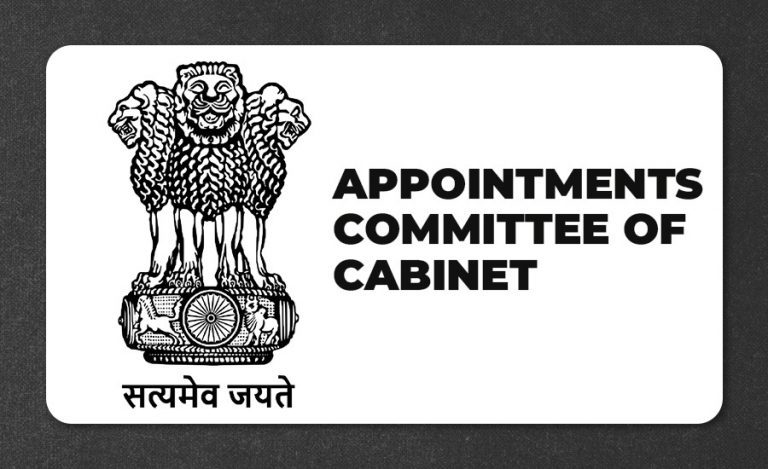New Delhi: On August 18, the Supreme Court underscored that contempt proceedings cannot be invoked to settle political disputes, stressing that the proper forum for service-related grievances lies with the Central Administrative Tribunal (CAT). The Court emphasized that Public Interest Litigation (PIL) jurisdiction was designed exclusively to safeguard the rights of those from socio-economically disadvantaged backgrounds.
The remarks came during the hearing of petitions challenging the process of ad-hoc appointments of Directors General of Police (DGPs) across states. The matter was heard by a Bench comprising Justice B.R. Gavai, Justice K. Vinod Chandran, and Justice N.V. Anjaria.
Senior Counsels Present Proposals on Appointment Process
Senior Advocate Ramachandran informed the Bench that a Tamil Nadu officer, who had previously been exonerated, had applied for the post of DGP. He also referred to a plea filed by former police officer Prakash Singh, which suggested that instead of the Union Public Service Commission (UPSC), the selection process should involve the Chief Minister, the Leader of the Opposition, and the Chief Justice of the High Court.
Supporting this framework, Ramachandran said, “I agree with the proposal, and this would ensure greater transparency.”
Advocate Prashant Bhushan, appearing for Prakash Singh, added, “The process should follow the model used for appointing the CBI Director.”
Senior Advocate Gopal Sankarnarayanan emphasized that insulating the police from executive interference was essential. He submitted, “Even in the Anoop Baranwal case, the principle was to ensure that the police remain free from executive control. We have the list where appointment was against the order of this Court.”
Court Questions Role of Judicial Monitoring
Senior Advocate Anjana Prakash, representing the Jharkhand DGP contempt case, told the Court, “An Acting DGP has been appointed just like Uttar Pradesh did. States are repeatedly trying to bypass the process.”
At this stage, the Chief Justice raised a larger question, remarking, “Our extraordinary powers operate only until a law is enacted. Once the legislature makes a law, what should prevail—our directions or the statute?”
Responding to this, Prakash Singh observed, “The main PIL has gone cold without monitoring, which is why such cases keep arising.”
The Chief Justice countered, “Do we even have the expertise to monitor this?”
In response, Ramachandran suggested, “The suggestion is for High Court special benches to meet every three months to ensure the judgment is implemented.”
The Bench, however, concluded the discussion by stating, “We’ll take it up after the Constitution Bench matter.”
SC Declines to Proceed with Contempt Plea
Delivering its order, the Court made it clear that it was not inclined to pursue the contempt petition. The amicus suggested that the pending writ petition before the Jharkhand High Court could be withdrawn and re-filed in the Supreme Court.
The Chief Justice firmly observed, “In the Jharkhand matter, contempt cannot be used to settle political disputes. If there’s an issue with a specific appointment, the proper forum is CAT. Political scores should be settled before the electorate. PIL jurisdiction is meant to protect those from socio-economically disadvantaged backgrounds.”
He further clarified, “This contempt plea is essentially aimed at defying this Court’s orders against the State Chief Secretary. The State rules appear to protect Mr. Anurag Gupta, and the grievance also involves the removal of Mr. Ajaykumar Shri as police chief. What emerges is a dispute between two officers being projected as contempt.”
Concluding, the Bench reiterated that remedies exist in law for aggrieved officers. “If any officer feels wronged by removal or denial of service benefits, the remedy lies in law. PIL was started by this Court to allow a public spirited person to relax locus for genuine public interest, not to settle personal or institutional rivalries. Hence, we decline to entertain the plea,” the Chief Justice said.
The contempt plea now stands closed, with the broader issue of DGP appointments set to be considered at a later stage, once the Constitution Bench concludes its hearings.
Also Read: SC Intervenes on Struggles of Disabled Cadets, Questions Denial of Medical and ESM Benefits

